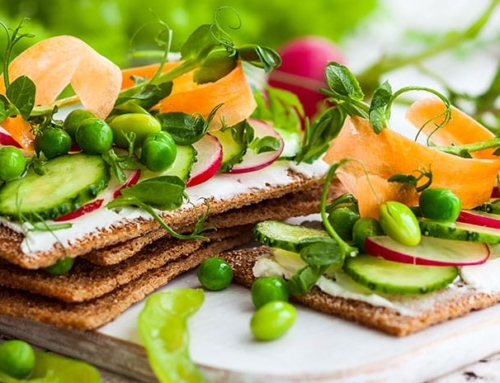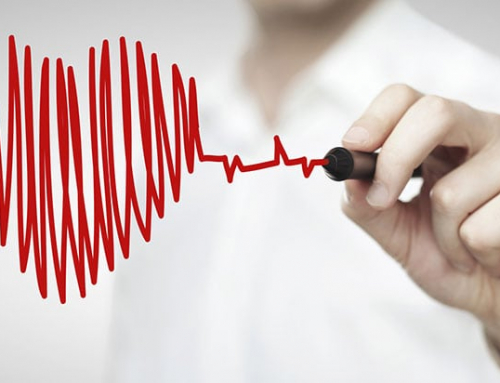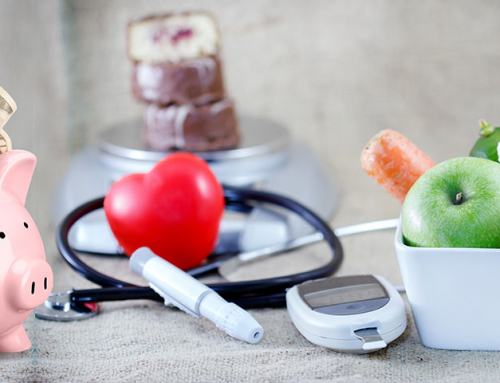For diabetics, lowering blood pressure even just a little may have significant effects on your health. According to a recent Australian study, diabetics who lower their blood pressure can also lower their risk of heart attack, stroke, and renal failure.[1] The results of the study showed that type 2 diabetics who used two common hypertension medications, ACE inhibitors and diuretics, achieved the following benefits:
- 9% reduced risk of a major microvascular or macrovascular event
- 18% reduced risk of death from cardiovascular disease
- 14% overall reduction in risk of death from any cause
These significant findings highlight the importance of maintaining a healthy blood pressure for diabetics. While many diabetics place maintaining blood sugar levels at the top of the priority list, keeping track of blood pressure could be equally important in maintaining optimal health. Beyond medication, there are many ways to lower and maintain your blood pressure.
Exercise
Exercise is one of the most significant methods of decreasing hypertension. The American Council on Exercise suggests that activity of moderate intensity may be the best way to reduce blood pressure.[2] If you aren’t accustomed to physical activity, begin at a low level of intensity and gradually work up to a more moderate intensity of workout. Especially beneficial are endurance activities, such as walking, swimming, and cycling. On the other hand, isometric exercises (such as resistance weight training) can cause sharp ups and downs in blood pressure and should not be undertaken. An ideal goal for hypertensive patients is to exercise 5 to 6 times per week for 30 to 60 minutes per session.
Diet
What you eat has far-reaching effects on your blood pressure. Many doctors today recommend the DASH diet for combating hypertension. This plan, Dietary Approaches to Stop Hypertension, recommends healthy food choices such as grains; fruits and vegetables; low-fat dairy products; meat, fish, and poultry; nuts, seeds, and beans; fats and oils; and a limited amount of sweets.[3] In particular, the DASH diet recommends eating foods rich in magnesium, potassium, and calcium, while reducing consumption of saturated fat, cholesterol, and total fat.
Stress-reduction
Controlling the amount of stress in your life can also significantly lower your blood pressure. Stress can be managed through exercises such as yoga, meditation, adequate rest, and healthy eating habits. It is also important to reduce the consumption of caffeine, and when necessary, to talk to someone about problems that may be weighing you down.
Next time you pay a visit to your healthcare provider, be sure to discuss how monitoring your blood pressure should fit into your diabetes management program.
[1] http://www.medpagetoday.com/MeetingCoverage/ESCCongress/tb/6574
[2] http://www.acefitness.org/fitfacts/fitfacts_display.aspx?itemid=110
[3] http://www.webmd.com/content/article/132/118511.htm






Leave A Comment